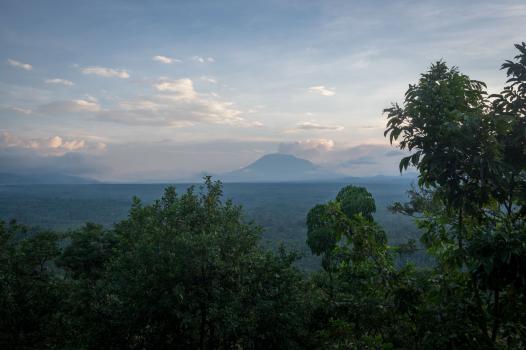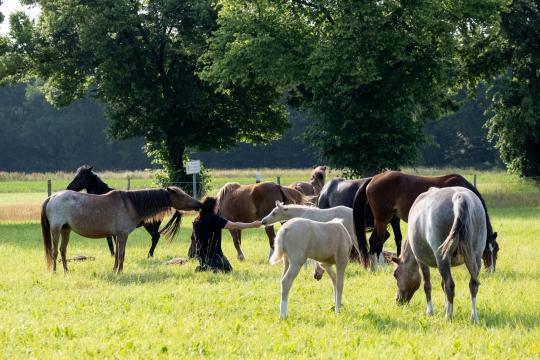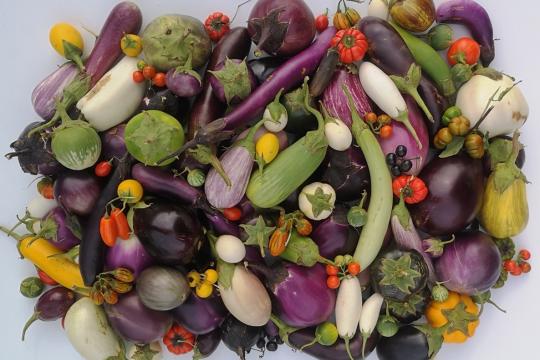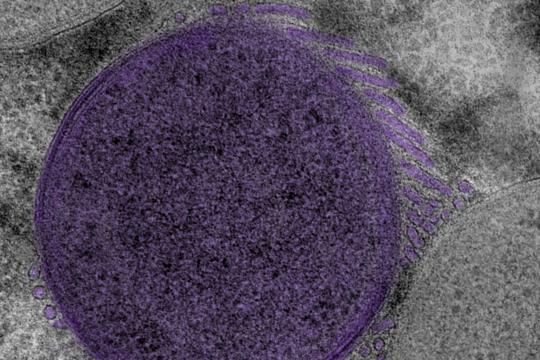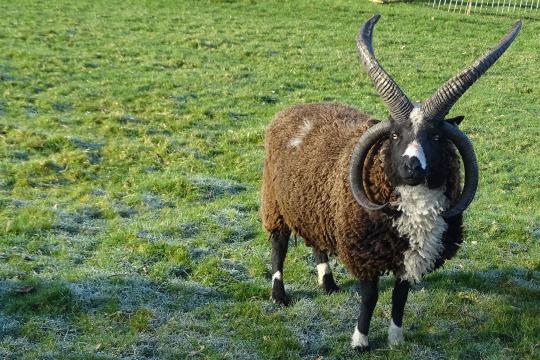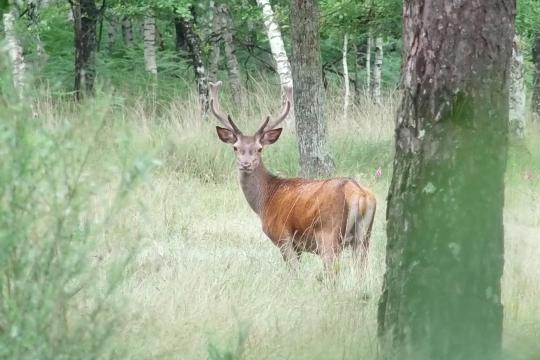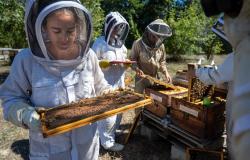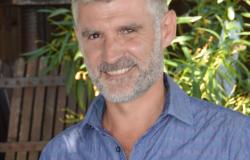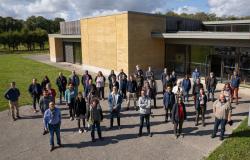Thematic
Biodiversity
We know that anthropogenic activities, like agriculture, have major impacts on biodiversity. It is therefore important to transition towards more sustainable systems if we wish to preserve and restore this shared resource.
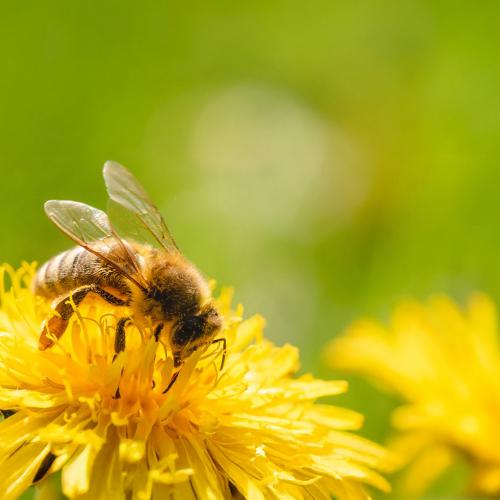
Know, preserve, restore biodiversity
Consequently, INRAE is carrying out research on biodiversity’s multiple facets: genes, species, and ecosystems. The institute is exploring flows and interactions between various terrestrial and aquatic ecosystems and the stakeholders that operate at different landscape levels, within river basins, and within regions. INRAE research utilises agroecology as a tool for better managing natural resources, identifying natural solutions for restoring biodiversity, and handling risks. The institute strives to create value from the natural wealth found in ecosystems and ecosystem services, notably via the bioeconomy.
From genes to species to ecosystems, INRAE is interested in all facets of biodiversity. It is exploring biodiversity dynamics and management; it is assessing biodiversity's inherent value and its functions at different scales. The institute is also improving our understanding of soils and their links to the water, carbon, and nitrogen cycles, as well as other biogeochemical cycles. It is characterising the impacts of various pressures and risks, as well as the functions and services provided by ecosystems. In this work, INRAE is taking into account the range of stakeholders present within France's regions and their diverse perspectives.
The conservation of genetic resources; the contribution of biodiversity to system resilience and sustainability; the relationship between landscape dynamics and biogeochemical cycles; and the adaptive management of ecosystems—these issues are all central to INRAE's research, which combines observation, experimentation, and modelling at different spatial and temporal scales with a diversity of socio-economic and biotechnical approaches.
Key results
Our fields of research
From landscapes to ecosystems, species and genes, our research examines biodiversity from every angle: understanding its state of evolution, conservation challenges, and how ecosystems and their related services function. This type of research involves not only agroecology and other biological disciplines, but digital sciences and the humanities and social sciences as well in order to both protect and restore biodiversity for sustainable agriculture.
> Read reports and emblematic cases from our research in these areas. New issues will regularly be posted for this topic.




